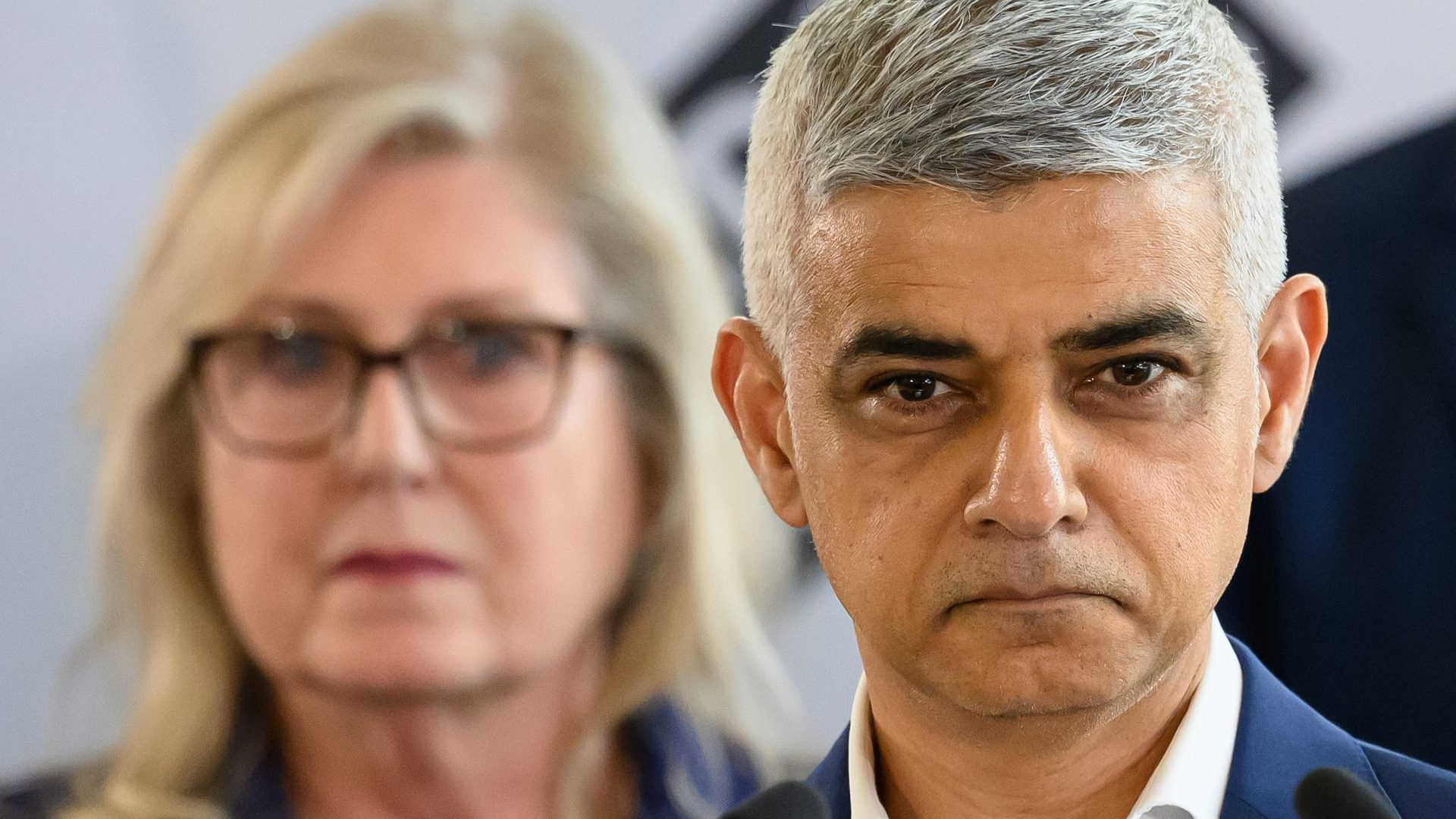Westminster absolutely lost its mind on Friday afternoon – and the bit you may have seen on social media or the occasional TV or radio segment was the very tip of an iceberg of mania.
In the space of a few short hours, the prospect of Susan Hall becoming the mayor of London went from something laughable to something journalists from across the political spectrum were keen to make known they’d said was a serious possibility weeks if not months ago.
In the self-preserving manner of those in Westminster making public statements on forthcoming events, people left themselves with plenty of wriggle room – making a pronouncement bold enough so that if Susan Hall won, they could claim to have predicted it, but if she lost, they had only said it would be much closer than predicted.
All of this, though, came without anyone having a single scrap of new information. No votes for the London mayor were counted on Friday. There was no exit poll for the mayoral race. Short of a few rumours of what might have been picked up from “sampling” when the votes were being verified – and these are usually thin indeed – there was no information at all.
That did not stop the media consensus shifting to an insistence the polls had been wrong, the mayoral race would be very close, and Susan Hall might very well win.
Susan Hall did not win. It was not close. The polls were not wrong. And the second any real information came in – the first actual vote totals, once counting began on Saturday – it was clear all of the rumours had been wildly off the mark. Sadiq Khan beat Susan Hall by around 280,000 votes – a far bigger lead than his first preferences win over Shaun Bailey in 2021. The Tories got trounced.
There have been various sinister explanations offered up for the debacle, as there always are in modern UK politics. Had someone been deliberately briefing false “good” news to get better headlines for No. 10? If they had, what would be the benefit of the much worse headlines when the real, terrible, result comes out just a day later?
The reality is more mundane: Westminster runs on gossip and abhors a news blackout. London decided to delay counting the votes for the mayor and London assembly to Saturday, in case a general election was called for May 2 – so that the votes for Westminster could have been counted first. It then stuck to that meandering timetable even when one wasn’t.
Against that silence, the tiniest whispers carry a long way. A senior local party figure might remark that he’s been hearing much better news than expected from his canvassers, and maybe that means the result could be closer. That turns into a senior party source saying it’s closer than expected.
The Westminster rumour flywheel starts to accelerate – self-propagating as journalists ask each other, politicians ask each other, and both groups cross-pollinate. Over the course of Friday afternoon, various politics-adjacent WhatsApp groups got hotter and hotter with speculation – what started as idle became almost feverish. Far more people than posted publicly got drawn into the rumour singularity that was “Susan has won”.
After a while, the pack instinct kicks in: if everyone else thinks it’s closer, why don’t you think that, too? All of this is heightened by a surprisingly large share of politicos and journalists alike who dislike and distrust polls – and never learned the minutiae of how they work or what they mean (the debacle of how the “Projected National Vote Share” was used to predict a hung parliament being just one example).
And so why let polling, or the absence of any actual data, rule the roost? On Friday and Saturday, until the actual results started coming in, the vibes were far too powerful to fight.
Political journalism necessarily means sometimes making educated, public, guesses today that might get proven wrong tomorrow. Everyone has done that, and everyone has had to be wrong in public – though admitting it usually goes down much better than pretending you weren’t really wrong because [elaborate explanation here].
This, though, was a mess – and makes political journalists look bad at following politics, almost because everyone is too close to the picture to see it properly. Because of the need to feed the beast, to have a narrative, to relay the “buzz”, it can become all too easy to forgo asking whether there’s any substance – is there fire behind this smoke, or is someone just waving around a bit of dry ice?
There is a serious side to some of this, too, though it shouldn’t be overstated: there is a significant far-right fringe that is obsessed with Sadiq Khan and uses him as the focus of racist conspiracy theories. These have made their way as far as Donald Trump, who only this week prattled racist nonsense about London and its mayor.
Already such people are seizing on the combination of the long delay to the count – and the pundit consensus that the vote would be close – to share baseless conspiracy theories that false votes have been bussed in en masse. Expect to see more of these in the future.
To blame those on this kerfuffle would be going too far, though they certainly cannot help. And it seems unlikely this will be the incident that changes how Westminster politics or polls get reported.
But if nothing else, though, there is a way to fix at least one element of this: for the love of all that is good in the world, please can London’s authorities agree that whatever else happens during the next mayoral contest, the votes will be counted overnight?










